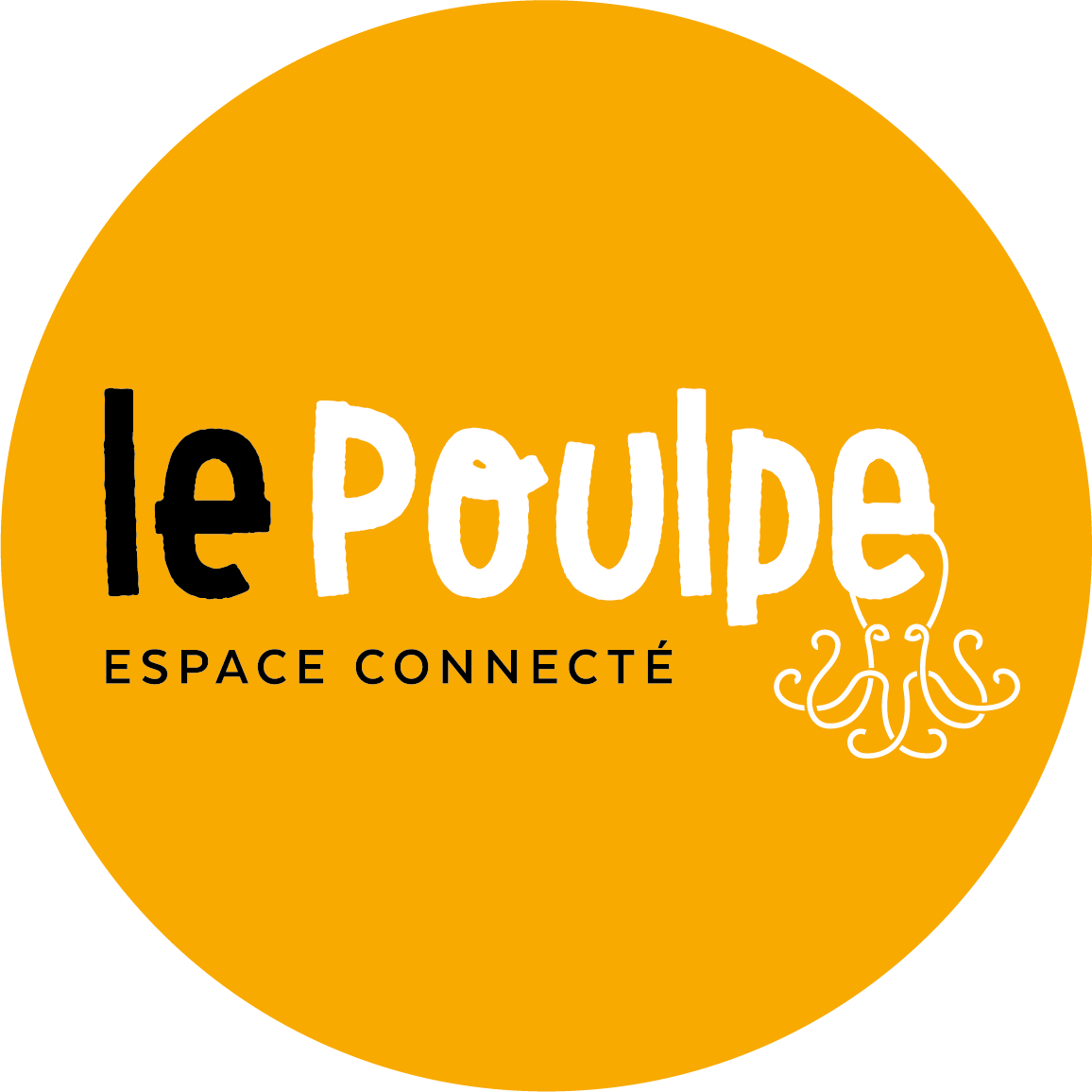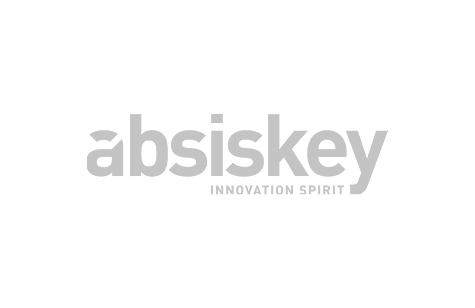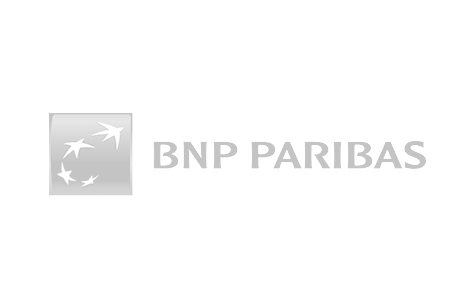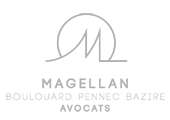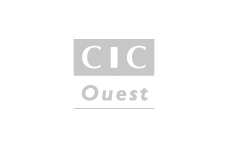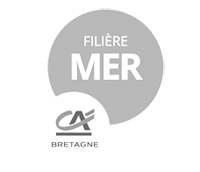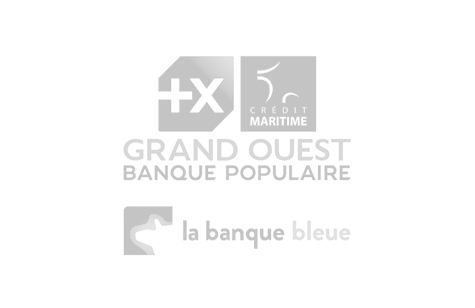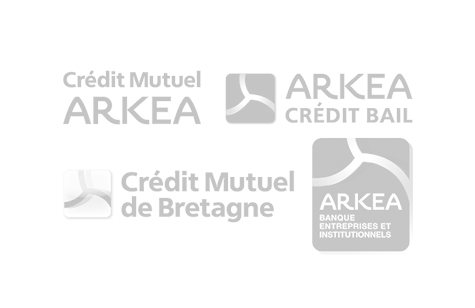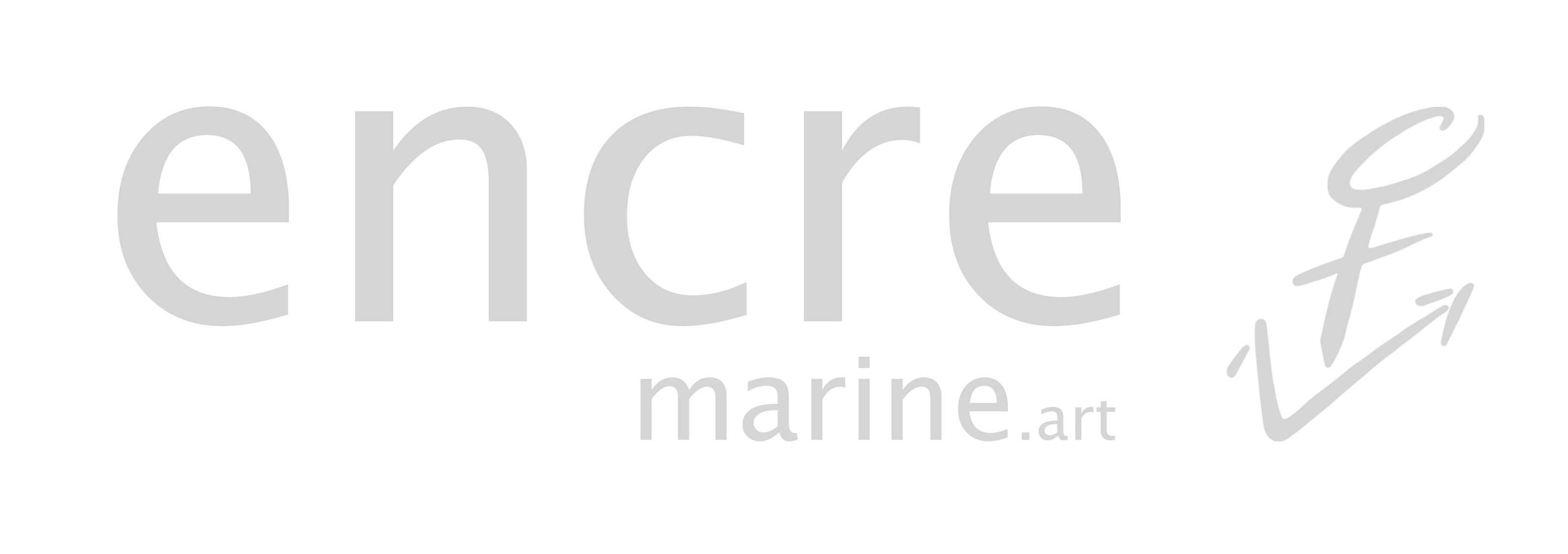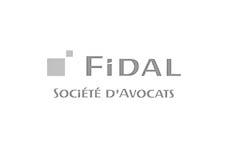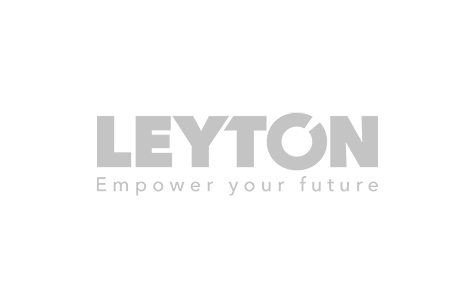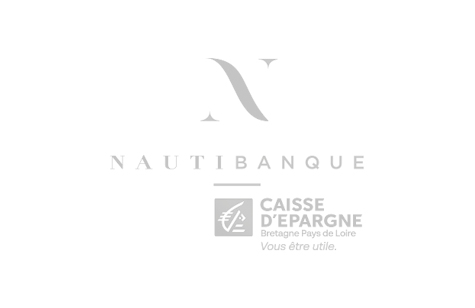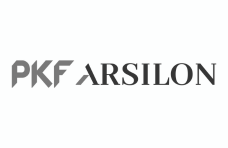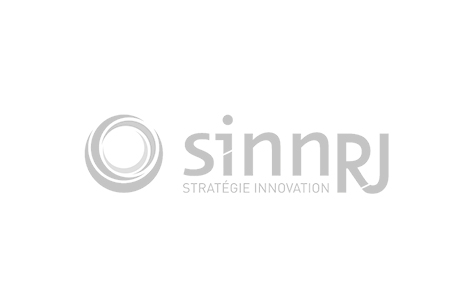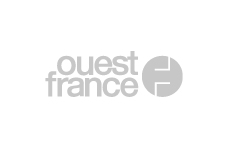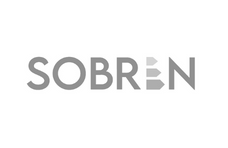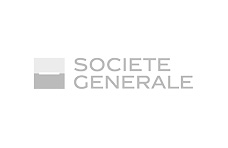- - INRA, Rennes [Project Developer]
- - Cirad, Montpellier
- - Ifremer, Palavas-les-Flots
- - IRD, Montpellier
- - Itavi, Paris
- - Lameta, Montpellier
- - Unité de Recherche « animal, fonctionnalités des produits animaux », Nancy
Piscenlit Towards sustainable intensive fish and shellfish farming
The PISCEnLIT project is set within the global context of a fishing industry that is reaching its maximum limits, while aquaculture, currently matching catches at sea in terms of production levels, is seeing essential development compromised by environmental and social problems. PISCEnLIT will use the principles of ecology to intensify fish farming activities, while ensuring that these are better integrated into the surrounding environment. The aim is to improve production quality and efficiency by respecting the contribution made by ecosystems.
The project will adopt an interdisciplinary approach to the issue, taking into account technical, biological, social, organisational, environmental and economic considerations. Four areas have been identified for researching the diversity of fish farming production systems and the ecosystems in which they operate. These cover fish farming ponds and closed circuit fish breeding systems in France, integrated farming ponds in Brazil and Pangasius farming in Indonesia.
PISCEnLIT will identify the conditions required for establishing efficient fish and shellfish farming by basing its work partly on lifecycle analysis, that is quantifying materials and resources (foodstuffs, facilities, work, etc.) and energy used, as well as pollution emitted (greenhouse gases into the atmosphere and nitrogen and phosphorus into the water) by fish farming systems. It will also look at and evaluate other functions of aquaculture systems that go beyond basic production – recycling, purification, employment, developing by-products, etc.
The project's scope and originality lie in the way it encompasses apparently contradictory objectives: the development of fish and shellfish farming activities in response to humanity's growing need for food and an acknowledgement at the same time of today's obligation to respect ecological, environmental and social norms in order to develop these activities in a sustainable way. Provided that the methods recommended are accepted for regulated implementation by breeders, relevant institutions and the profession as a whole, PISCEnLIT could ultimately lead to technological innovations and suggestions for future economic development within the industry.




